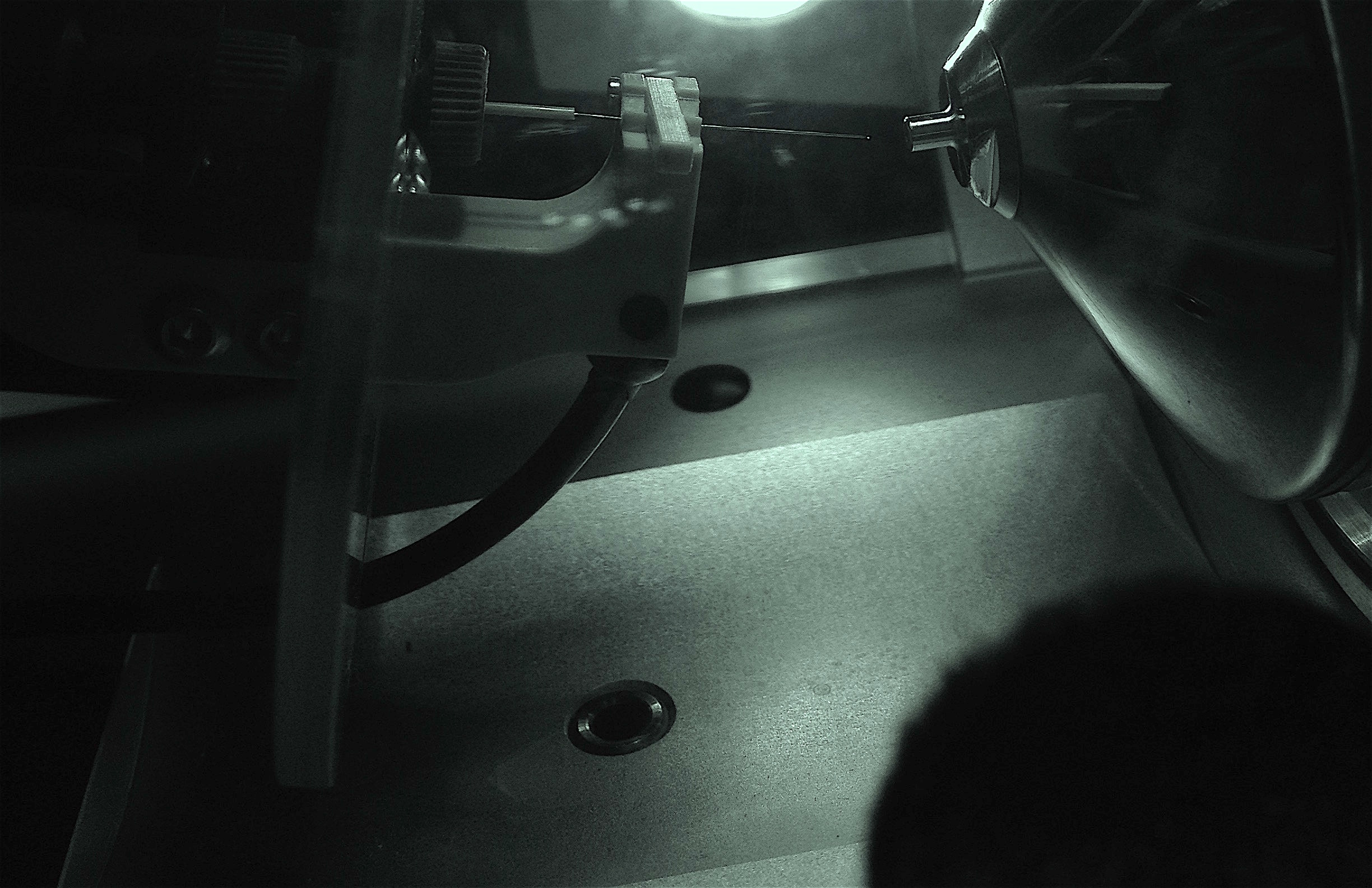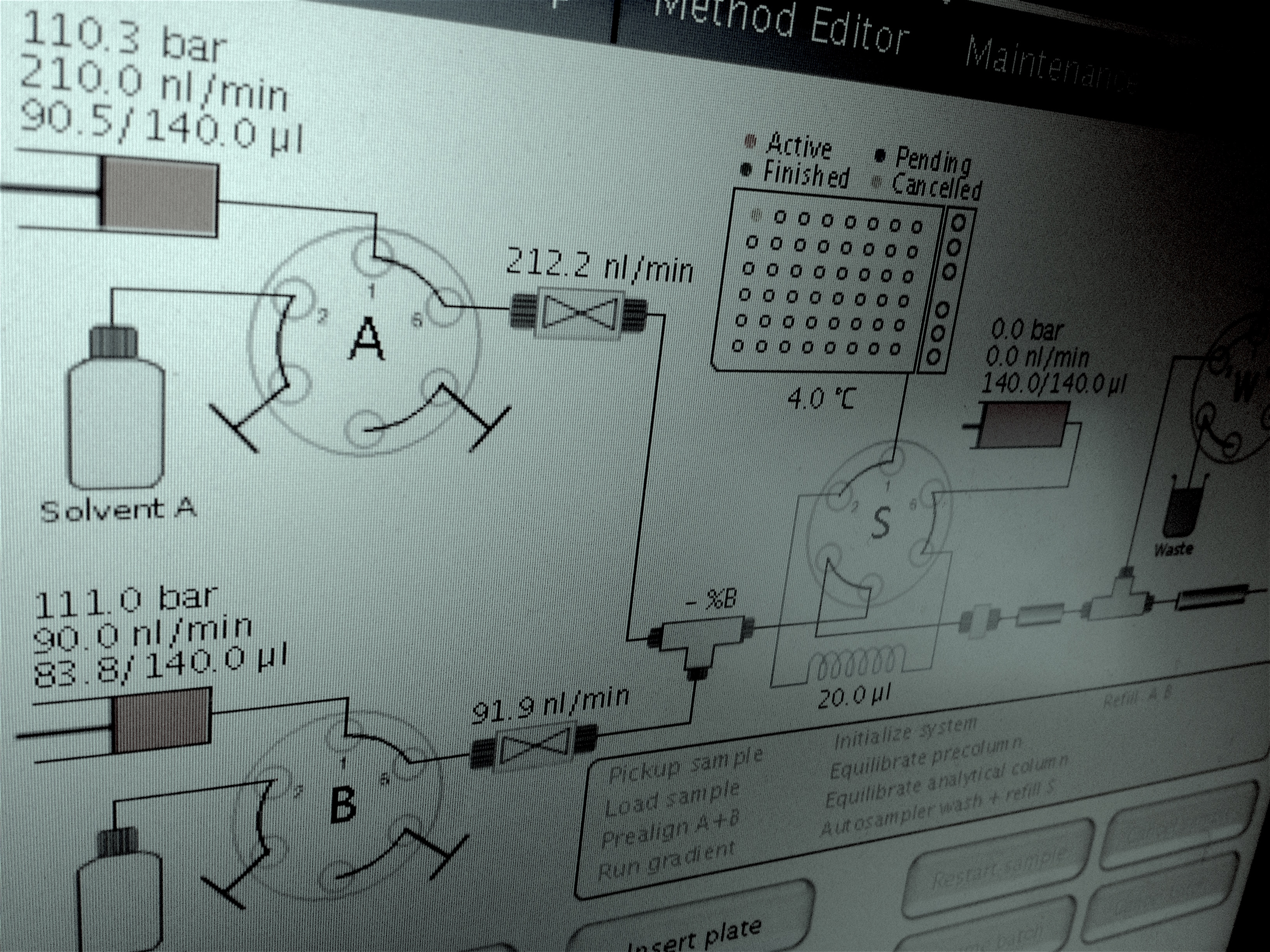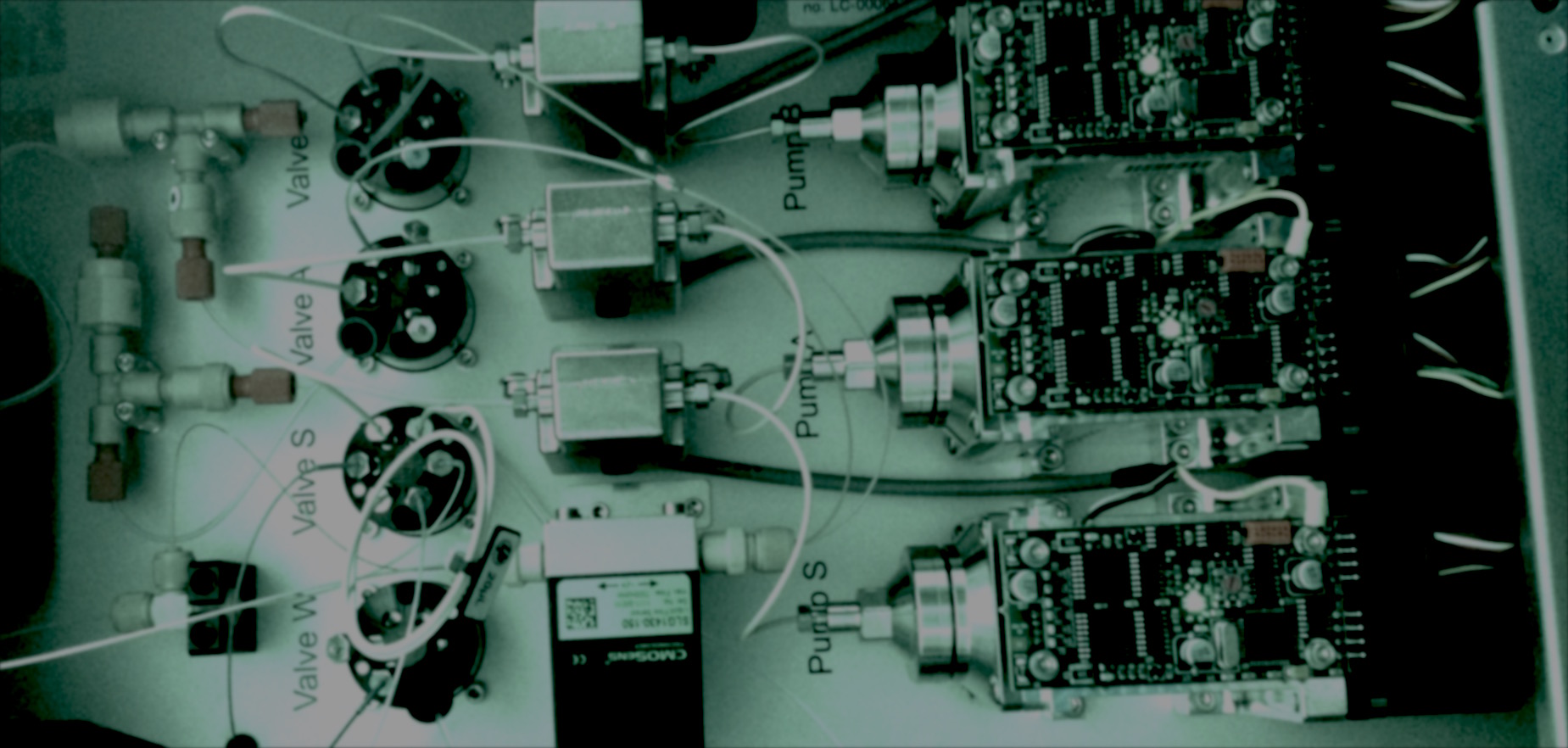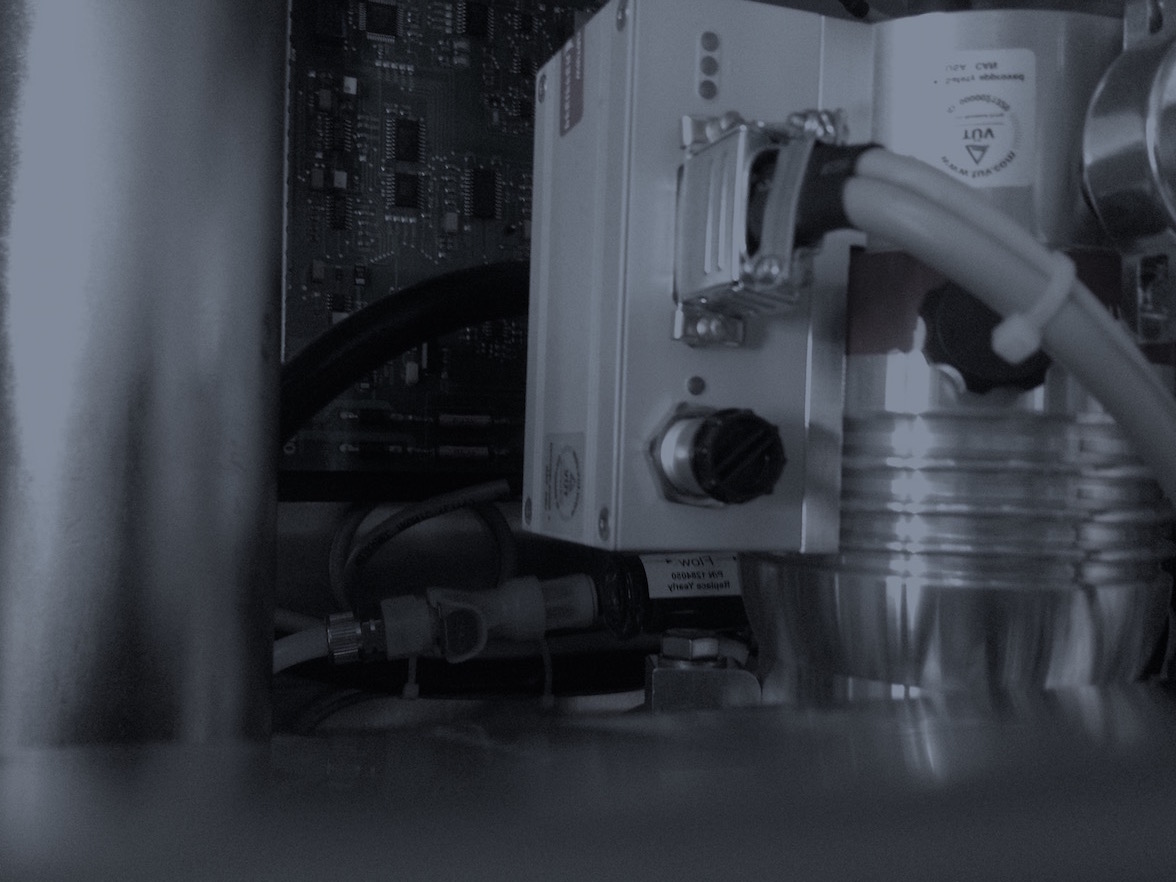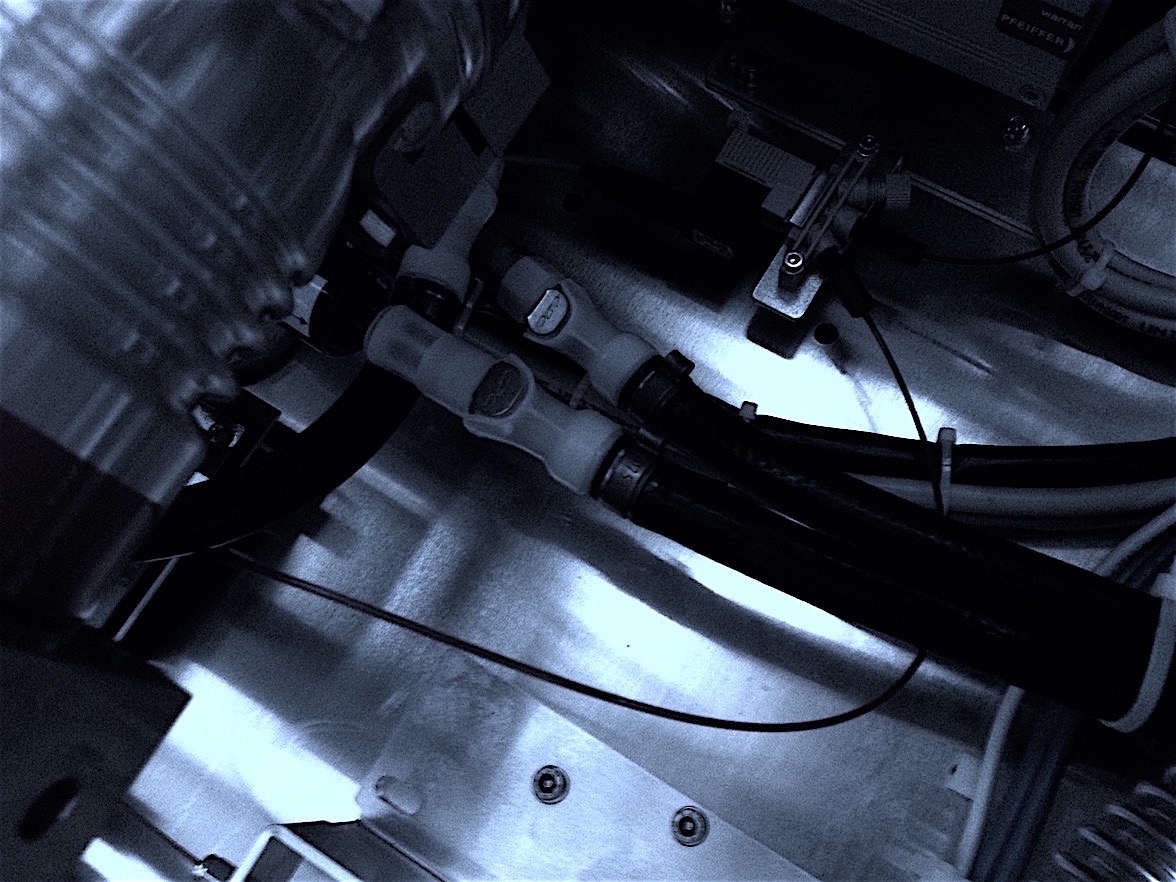| SUMMARY | PUBLICATIONS | RESEARCH PROJECTS | ABOUT | CONTACT |
|
|
Research projects |
|
|
|
|
|
| Projects: | For a complete list of the projects I was involved please click here. | |
|
PN-IV-P8-8.3-ROMD-2023-0100 |
||
|
Dental plaque multi-omics dissection for the exploration of novel targets in translational biology (DENTALPLAQUEOMICS) |
||
|
Contract No.: 25ROMD/2024 Duration: 24 months Finance source: State budget, contracting authority: Romanian National Authority for Scientific Research and Innovation, CNCS-UEFISCDI Budget: 477 500 RON (~ 95 500 EUR) Project start: 20/05/2024 Project end: 19/05/2026 |
||
| Abstract | ||
|
The latest World Health Organization (WHO) reports revealed that around half of the world population is affected by oral diseases, among these, dental caries and periodontal diseases (PD) covering the most prevalent ones. Interestingly, recent studies revealed that the oral microbiota is correlated with other systemic conditions such as diabetes, cardiovascular diseases (CVDs), or Alzheimer's disease. Although -omics based technologies have provided a wealth of information on these systemic diseases by analysis of biopsies or biological fluids from patients with such systemic diseases, few studies have addressed such correlations by analyzing the dental plaque microbiota variability, particularly from a multi-omics perspective. Here we would like to dissect the clinically observed association between PD and CVDs from a multi-omics-based perspective. We plan to collect samples from healthy subjects, PD confirmed patients and subjects with PD and CVDs to assess the dental plaque microbiota by 16S sequencing and metaproteomic analysis. The data will be enriched by lipidomics and analysis of their cytokine inflammatory profile. The obtained results will provide essential details about the mechanisms explaining such correlations and will open new opportunities to provide patients-specific treatment options. |
||
|
Consortium:
Research Team from IBRA |
||
|
Dr. Cristian V.A. Munteanu - Project Director, Research Scientist in the Department of Bioinformatics and Structural Biochemistry of IBRA, Bucuresti, Romania
Dr. Marioara Chiritoiu-Butnaru - Experienced Researcher Member Department of Molecular Cell Biology of IBRA, Bucuresti, Romania Dr. Gabriela N. Chiritoiu - Postdoctoral Member Department of Molecular Cell Biology of IBRA, Bucuresti, Romania |
||
| Research Team from the External Partner | ||
|
Dr. Dorin Istrati - Project Leader from the External Partner, Nicolae Testemitanu State University of Medicine and Pharmacy, Chisinau, Rep. of Moldova Dr. Diana Uncuta - Experienced Research Member from the External Partner, Nicolae Testemitanu State University of Medicine and Pharmacy, Chisinau, Rep. of Moldova Dr. Tatiana Porosencova - Postdoctoral Member from the External Partner, Nicolae Testemitanu State University of Medicine and Pharmacy, Chisinau, Rep. of Moldova Egor Porosencov - PhD. Student Member from the External Partner, Nicolae Testemitanu State University of Medicine and Pharmacy, Chisinau, Rep. of Moldova Valeriana Pantea - PhD. Student Member from the External Partner, Nicolae Testemitanu State University of Medicine and Pharmacy, Chisinau, Rep. of Moldova | ||
| Dissemination | ||
|
1. Munteanu CVA*, Chiritoiu GN, Isvoranu G., Petrescu SM, Chiritoiu M", Exploring the molecular factors governing the unconventional protein secretory pathway using quantitative proteomics", Human Proteome Organization World Congress, Dresden, Germany; 740: 2024 (Conference Poster) |
||
|
2. Munteanu CVA "Navigating the Early Secretory Pathway Using Glycoproteomics: A Focus on ER Quality Control", Frontiers in Biochemistry - Perspectives, Romania-China Bilateral Meeting, Bucharest, Romania; 005: 2024 (Oral Presentation) |
||
|
3. Munteanu CVA "Exploring the glycoproteomic space of the early secretory pathway", The Annual International Conference of the RoManian Society of Biochemistry and Molecular Biology (RSBMB), Bucharest, Romania; 009: 2024 (Oral Presentation) |
||
|
4. Munteanu CVA*, Chiritoiu GN, Chiritoiu M., Porosencov E., Pantea V., Porosencova T., Istrati D., Uncuta D.", Dental plaque multi-omics dissection for the exploration of novel targets in translational biology", ROMD bilateral meeting, Chisinau, Rep. of Moldova; 015: 2025 (Oral Presentation) |
||
|
PN-III-P1-1.1-PD-2019-1242 |
||
|
Defining novel potential therapeutic targets in melanoma immunobiology using a combined proteome-immunopeptidome mass-spectrometry based analysis (OXPROT) |
||
|
Contract No.: 176/2020 Duration: 27 months Finance source: State budget, contracting authority: Romanian National Authority for Scientific Research and Innovation, CNCS-UEFISCDI Budget: 246 950 RON (~ 49 390 EUR) Project start: 01/09/2020 Project end: 30/11/2022 |
||
| Abstract | ||
|
Identification of numerous antigens of peptide origin on melanoma cells has placed immunotherapy as one of the most encouraging therapeutic alternative to the classical chemotherapies, which proved a low therapeutic response for metastatic melanoma. This has led the foundation of peptide-based immunotherapy, in which cancer vaccines containing one or several antigens are designed to boost the patient immune system for tumor recognition and rejection by clonal expansion of CD8+ cytotoxic T cells. As a result the search for new antigens with a superior immunological response for cancer treatment is one of the long-standing goals in translational research. One of the most encouraging antigens regarding clinical efficacy is tyrosinase, which undergoes unproductive folding in the endoplasmic reticulum (ER) of melanoma cells. This process leads to the selection of misfolded molecules for degradation and antigenic peptide production in the ubiquitin proteasome pathway. Our previous experiments have revealed that one of the most abundant tyrosinase epitopes presented on the cell surface of melanoma cells YMDGTMSQV (YMD peptide) can be oxidized to both of its Met residues and the oxidized forms results in improved CD8+ T cell activation. Moreover our preliminary results revealed that down regulating the expression level of one out of the four Methionine Sulfoxide Reductases (MSRs) responsible for oxidized Met reduction, results in a similar increased CD8+ T cell recognition suggesting a direct contribution of this enzyme in tumor recognition. Here we would like to address this aspect by analyzing the proteome and HLA-peptidome implications of each of the four intracellular MSRs enzymes (MSRA, MSRB1, MSRB2, MSRB3) using an innovative approach of SILAC (stable isotope labeling by amino acids in cell culture) based chemoproteomic technique. This would open the opportunity to discover novel modified antigens that could show superior immunological responses in immunotherapy. |
||
| Research team | ||
|
Dr. Cristian V.A. Munteanu - Project Director, Research Scientist in the Department of Bioinformatics and Structural Biochemistry of IBRA, Bucuresti, Romania Dr. Stefana M. Petrescu - Mentor, Head of the Department of Molecular Cell Biology of IBRA, Bucuresti, Romania |
||
| IBRA Collaborators | ||
| Dr. Gabriela N. Chiritoiu - Research Scientist in the Department of Molecular Cell Biology of IBRA, Bucuresti, Romania | ||
| External Collaborators | ||
| Dr. Constantin Tanase - National Institute for Chemical-Pharmaceutical Research and Development-ICCF Bucharest, Bucuresti, Romania | ||
| Dissemination |
1. Munteanu CVA*, Chiritoiu GN, Petrescu AJ, Petrescu SM*, "Defining the altered glycoproteomic space of the early secretory pathway by class I mannosidase pharmacological inhibition", Front. Mol. Biosci.;901: 1064868, 2023 DOI: [10.3389/fmolb.2022.1064868] |
|
|
2. Chiritoiu GN#, Munteanu CVA#, Sulea AT, Spiridon L, Petrescu AJ, Jandus C, Romero P, Petrescu SM, "Methionine oxidation selectively enhances T cell reactivity against a melanoma antigen", iScience;26(7): 107205, 2023 DOI: [10.1016/j.isci.2023.107205] |
||
|
3. Chiritoiu GN, Chiritoiu M, Munteanu CVA*, "Dataset of human EDEM2 melanoma cells proteomics, affinity proteomics and deglycoproteomics", Data in Brief; 14: 39, 2021 DOI: [10.1016/j.dib.2021.107471] |
||
|
4. Munteanu CVA#, Chiritoiu GN#, Chiritoiu M, Ghenea S, Petrescu AJ, Petrescu SM., "Affinity Proteomics and Deglycoproteomics Uncover Novel EDEM2 Endogenous Substrates and an Integrative ERAD Network.", Mol. Cell. Proteomics; 20: 100125, 2021 DOI: [10.1016/j.mcpro.2021.100125] |
||
|
5. Manica G, Ghenea S, Munteanu CVA, Martin EC, Butnaru C, Surleac M, Chiritoiu GN, Alexandru PR, Petrescu AJ, Petrescu SM., "EDEM3 Domains Cooperate to Perform Its Overall Cell Functioning.", Int. J. Mol. Sci.; 22(4): 2172, 2021 DOI: [10.3390/ijms22042172] |
||
|
6. Maciuca AM, Munteanu AC, Mihaila M, Badea M, Olar R, Nitulescu GM, Munteanu CVA, Bostan M, Uivarosi V, "Rare-Earth Metal Complexes of the Antibacterial Drug Oxolinic Acid: Synthesis, Characterization, DNA/Protein Binding and Cytotoxicity Studies", Molecules; 25(22): 5418, 2020 DOI: [10.3390/molecules25225418] |
||
|
7. Munteanu CVA*, Chiritoiu GN, Petrescu AJ, Petrescu SM, "Monitoring oxidative modifications and glycosite occupancy of melanoma antigens using targeted based mass spectrometry analysis", Annual Proteomics Symposium, Centre for Genomic Regulation, Barcelona, Spain; 001: 2022 (Conference Poster) |
||
|
8. Munteanu CVA*, Chiritoiu GN, Chiritoiu M, Ghenea S, Petrescu AJ, Petrescu SM, "Decoding ERAD candidate substrates in melanoma cells using lectin-affinity and deglycoproteomics", Next-Generation Protein Analysis and Detection (4th edition), VIB Conferences series, Ghent ICC, Ghent, Belgium; 044: 2022 (Conference Poster) |
||
|
9. Munteanu CVA*, Chiritoiu GN, Chiritoiu M, Sima L, Petrescu AJ, Petrescu SM, "Using PTM-based affinity enriched proteomics of cancer cells to search for potential new therapeutic alternatives", Characterisation of post-translational modifications in cellular signalling, EMBO Practical Course, Department of Biochemistry and Molecular Biology, University of Southern Denmark, Odense, Denmark; 005: 2022 (Conference Poster) |
||
|
10. Munteanu CVA*, Chiritoiu GN, Petrescu SM, Sima LE, "Proteomic assessment of Arg/Pro amino acid metabolic interconversion in SILAC labeled cancer cell lines", Protein Science; 30S1: 16-190, 2021 (Conference Poster) DOI: [10.1002/pro.4191] |
||
|
PN-III-P1-1.1-PD-2016-1528 |
||
|
Mass spectrometry based investigation of the oxidative stress as a potential key-player in the immunobiology of melanoma (IMUNOPEP) |
||
|
Contract No.: 62/2018 Duration: 28 months Finance source: State budget, contracting authority: Romanian National Authority for Scientific Research and Innovation, CNCS-UEFISCDI Budget: 250 000 RON (~ 56 000 EUR) Project start: 02/05/2018 Project end: 30/08/2020 |
||
| Abstract | ||
|
A promising approach of the therapeutic strategy in melanoma is based on cancer cells potential to trigger an immune response by expressing at the cell surface antigenic peptides derived from proteins such as Melan-A, Gp100, MAGEs, Tyrosinase. This has led to therapies based on cancer vaccines in which an antigenic peptide or a cocktail of antigens are used to boost the immune system of the patient for tumor cell recognition and rejection. This strategy offers the advantages of an increased specificity and a lower toxicity compared with the traditional interventions. One of the most promising melanoma antigens is tyrosinase, which was frequently found as overexpressed in melanomas. It wash shown that this protein undergoes unproductive folding in the endoplasmic reticulum (ER) leading to the selection of the incorrectly folded molecules for degradation via the ubiquitin proteasome system. In this pathway peptides are generated, which can form stable complexes with HLA molecules in ER and be presented to the tumor cell surface for CD8+ T cell recognition and melanoma cell destruction. The current project aims to study how the oxidized epitopes of melanoma antigens could trigger an immunological response to the melanoma tumors. This will provide the opportunity to study the tumor immunobiology, whilst obtaining antigens with increased immunogenicity for subsequent use in the immunotherapy of melanoma. |
||
| Research team | ||
|
Dr. Cristian V.A. Munteanu - Project Director, Research Scientist in the Department of Bioinformatics and Structural Biochemistry of IBRA, Bucuresti, Romania Dr. Stefana M. Petrescu - Mentor, Head of the Department of Molecular Cell Biology of IBRA, Bucuresti, Romania |
||
| IBRA Collaborators | ||
| Dr. Gabriela N. Chiritoiu - Research Scientist in the Department of Molecular Cell Biology of IBRA, Bucuresti, Romania | ||
| External Collaborators | ||
|
Prof. Pedro Romero - Translational tumor immunology, Department of oncology UNIL CHUV, Lausanne, Switzerland Dr. Camilla Jandus-Marone - Department of Pathology and Immunology, Universite de Geneve, Geneve, Switzerland | ||
| Dissemination |
1. Chiritoiu M#, Chiritoiu GN#, Munteanu CVA#, Pastrama F, Ivessa EN, Petrescu SM, "EDEM1 Drives Misfolded Protein Degradation via ERAD and Exploits ER-Phagy as Back-Up Mechanism When ERAD Is Impaired", Int. J. Mol. Sci.; 21(10): E3468, 2020 DOI: [10.3390/IJMS21103468] |
|
|
2. Munteanu CVA#, Chiritoiu GN#, Petrescu AJ, Petrescu SM., "Profiling Optimal Conditions for Capturing EDEM Proteins Complexes in Melanoma Using Mass Spectrometry", Adv Exp Med Biol.;1140: 155-167, 2019 DOI: [10.1007/978-3-030-15950-4_9] |
||
|
3. Albulescu R, Petrescu AJ, Sarbu M, Grigore A, Ica R, Munteanu CVA, Albulescu A, Militaru IV, Zamfir AD, Petrescu SM, Tanase C "Mass Spectrometry for Cancer Biomarkers", Proteomics Technologies and Applications; 1-29, 2019 DOI: [10.5772/intechopen.85609] |
||
| Funding agencies: |




|
|
|
Disclaimer: This material does not necessarily represent the official position of the Institute of Biochemistry of the Romanian Academy (IBRA) or any other official institution.
# These author contributed equally to this work. *Corresponding author. Last update: 15/06/2025. |
